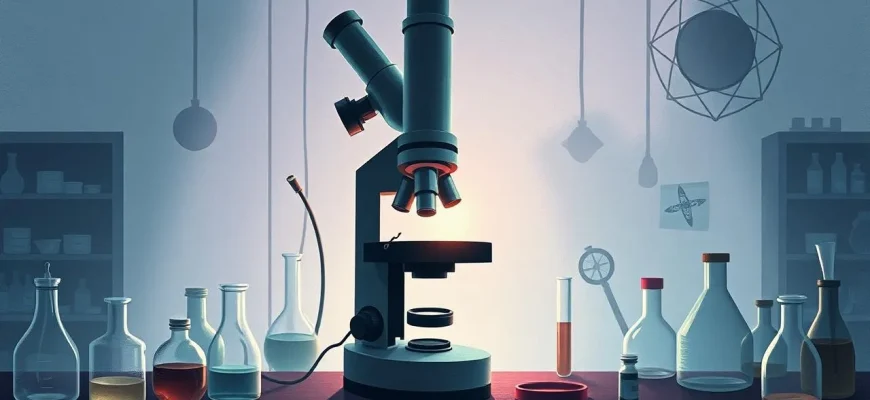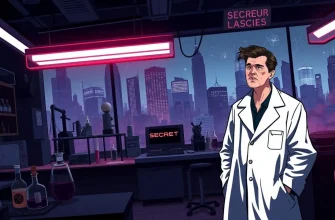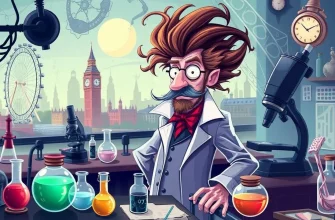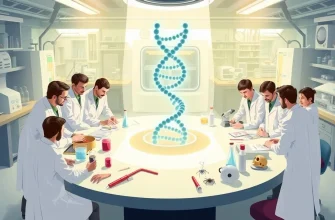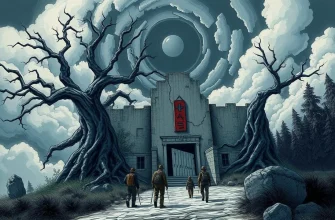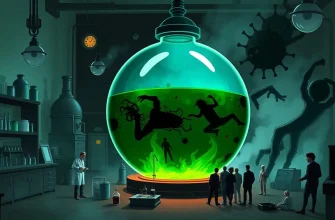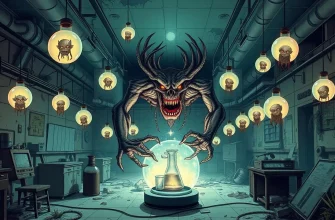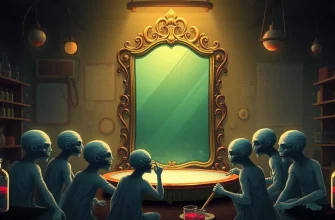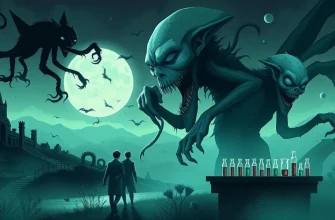This curated selection of horror films delves into the macabre world of scientific experiments gone awry. From psychological thrillers to body horror, these movies explore the ethical boundaries of science, the consequences of playing God, and the terrifying results of human curiosity. Whether it's through genetic manipulation, psychological testing, or otherworldly experiments, these films offer a thrilling and thought-provoking experience for fans of horror and science fiction alike.
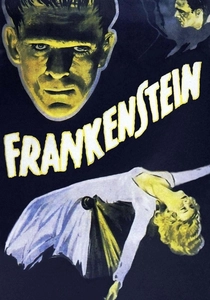
Frankenstein (1931)
Description: A scientist creates a living being from parts of corpses, only to be horrified by his creation. This classic film set the standard for horror movies about scientific experiments.
Fact: Boris Karloff's portrayal of the Monster was so iconic that it became the definitive image of Frankenstein's creature.
 Watch Now
Watch Now
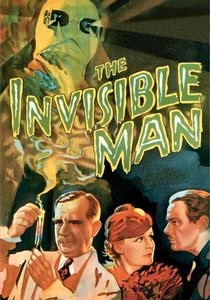
The Invisible Man (1933)
Description: A scientist discovers a way to make himself invisible but becomes mad with power. This film delves into the psychological effects of isolation and the ethical use of scientific discovery.
Fact: The film was one of the first to use the concept of invisibility in cinema.
 Watch Now
Watch Now
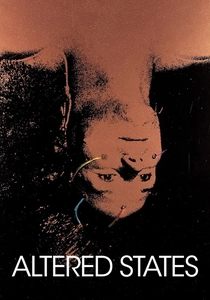
Altered States (1980)
Description: A scientist experiments with sensory deprivation and hallucinogenic drugs, leading to physical and psychological transformations. This film is a psychological horror exploring altered consciousness.
Fact: The film was based on the novel by Paddy Chayefsky, who also wrote the screenplay under the pseudonym Sidney Aaron.
 Watch Now
Watch Now
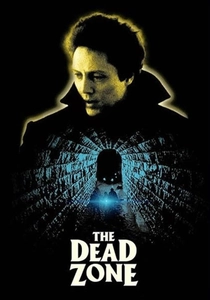
The Dead Zone (1983)
Description: After waking from a coma, a schoolteacher gains the ability to see the future through touch, leading to a confrontation with a potential dictator. This film explores the moral implications of knowing the future.
Fact: The film was adapted from Stephen King's novel of the same name.
 Watch Now
Watch Now
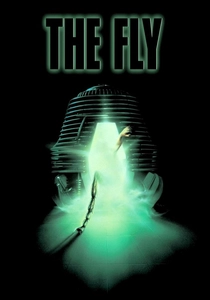
The Fly (1986)
Description: A scientist's teleportation experiment goes horribly wrong, merging his DNA with that of a fly, leading to a grotesque transformation. This film is a classic example of body horror and the perils of unchecked scientific ambition.
Fact: The film's special effects were groundbreaking for their time, earning Chris Walas an Academy Award for Best Makeup.
 Watch Now
Watch Now
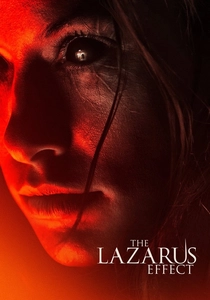
The Lazarus Effect (2015)
Description: A group of medical researchers bring a subject back from the dead, only to face unintended consequences. This film explores themes of life, death, and the afterlife through scientific experimentation.
Fact: The film's title refers to the biblical story of Lazarus, who was raised from the dead by Jesus.
 Watch Now
Watch Now
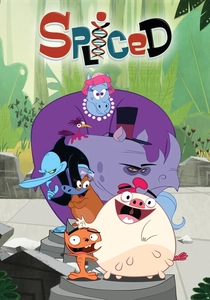
Splice (2009)
Description: Two genetic engineers create a new organism, which grows into a creature with unforeseen consequences. This film explores the moral and ethical dilemmas of genetic splicing and the boundaries of science.
Fact: The creature, Dren, was portrayed by actress Delphine Chanéac, who spent hours in makeup each day.
 Watch Now
Watch Now
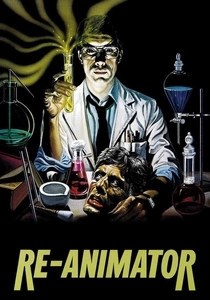
Re-Animator (1985)
Description: A medical student discovers a serum that can reanimate the dead, leading to chaos and horror. This film blends dark comedy with horror, exploring the ethical implications of reviving the deceased.
Fact: The film was inspired by H.P. Lovecraft's story "Herbert West–Reanimator."
 30 Days Free
30 Days Free
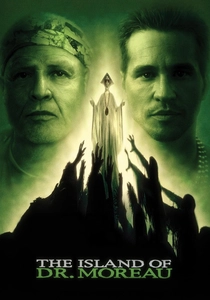
The Island of Dr. Moreau (1996)
Description: A shipwrecked man discovers a scientist who has been creating human-animal hybrids through genetic manipulation. This film delves into themes of evolution, ethics, and the hubris of man.
Fact: The production was notoriously troubled, with Marlon Brando's eccentric behavior on set being a significant factor.
 30 Days Free
30 Days Free
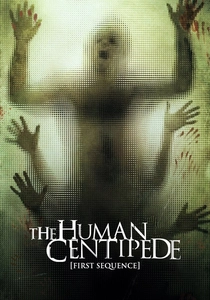
The Human Centipede (First Sequence) (2009)
Description: A mad scientist attempts to create a "human centipede" by surgically connecting people mouth-to-anus. This film is notorious for its disturbing premise and graphic content.
Fact: The film was banned in several countries due to its extreme subject matter.
 30 Days Free
30 Days Free

